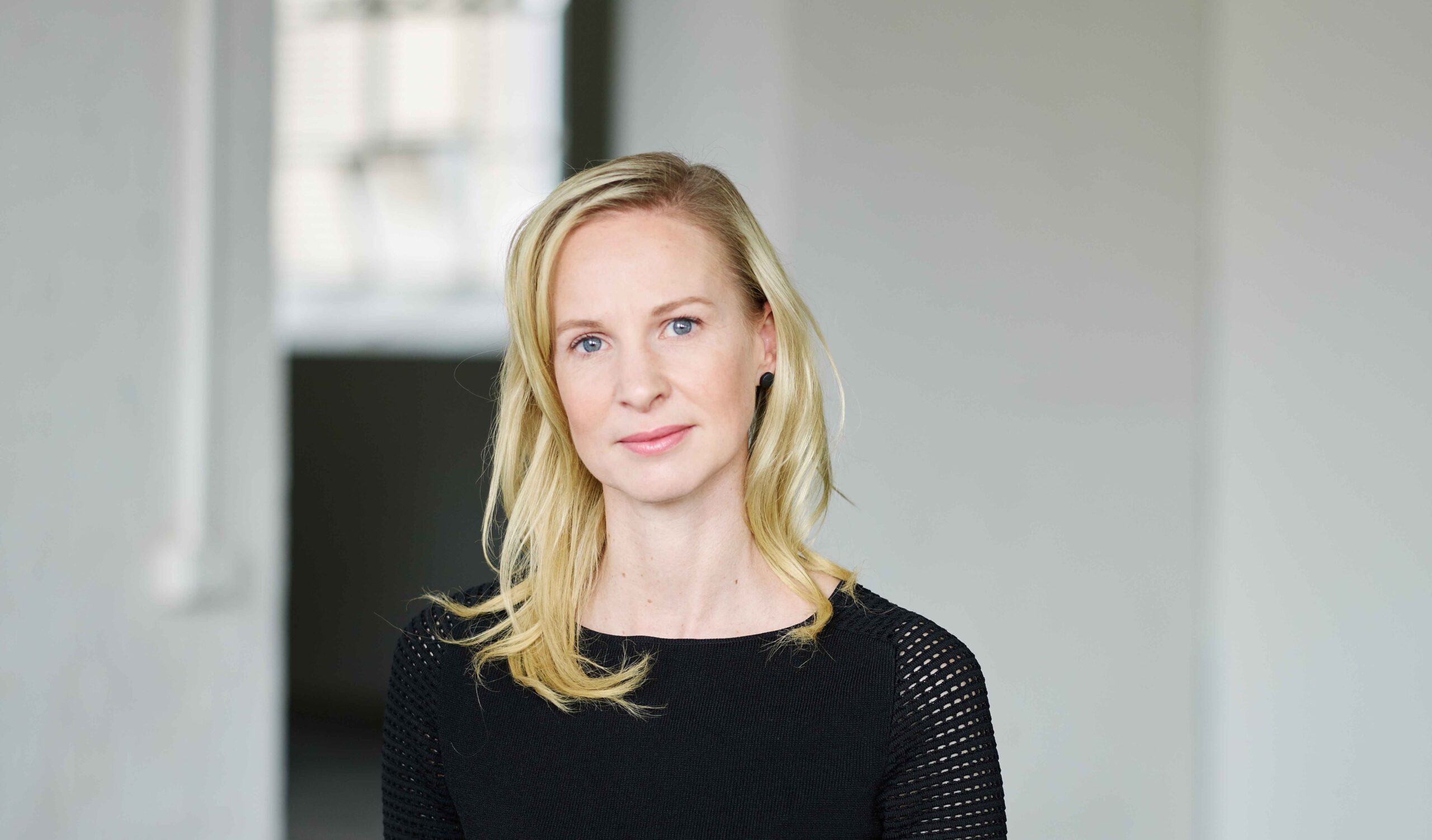The Westpac-Melbourne Institute Index of Consumer Sentiment plunged 17.7% to 75.6 in April from 91.9 in March.
This is the single biggest monthly decline in the forty seven year history of the survey, taking the Index beyond GFC lows to levels only seen during the deep recessions of the early 1990s (64.6) and early 1980s (75.5). However, it is pertinent to note that the lows in previous recessions were reached after one to two years of continuous deterioration compared to the one month collapse we have seen here. Certainly we cannot rule out the Index dropping below the historic low of 64.6 we saw in November 1990.
The survey comes after an extremely turbulent month in which the Coronavirus outbreak has evolved from serious concern to full-blown pandemic. Confirmed cases globally have soared from around one hundred thousand at the time of the last survey to nearly two million currently. In Australia, the number of cases has surged from just 76 a month ago to around 6,500. Australian governments have instituted widespread shutdowns on movement and social activity that have effectively banned many forms of economic activity.
All five component sub-indexes fell in April. By far the biggest falls were in the near term outlook for the economy and in attitudes towards spending – reflecting the immediate effects of the shut-down.
The extreme negative economic outlook is confined to the near term with the ‘economy next 5yrs’ sub-index down just 3.8% in the month. At 87.0, this subindex is still comfortably above recent cyclical lows (it averaged 85.5 over the second half of 2014). We suspect the relatively resilient medium term view on the economy reflects the expectation that virus disruptions will be temporary whereas respondents were unable to envisage the sequence of events that would rescue the Australian economy in the 1980s and 1990s recessions.
Sentiment around housing collapsed in April with assessments of both ‘time to buy’ and ‘price expectations’ plunging to the most negative levels since the GFC. The drop was consistent across all major states.
Views on family finances show a substantial hit with more pressure expected in the year ahead, albeit with a less negative assessment than for the wider economy. However, unlike the short term economic outlook, there have been sharper historical monthly falls in this sub-index.
The Westpac-Melbourne Institute Unemployment Expectations Index jumped 8.2% in April following on the sharp 8.5% jump in March. At 158.1, the index is at a five year high (recall that higher readings indicate that more consumers expect unemployment to rise in the year ahead). While the index has deteriorated sharply over the last two months, the overall level is not as dire as for general sentiment – the latest reading is still well below the GFC peak of 183 and 165-170 peaks seen during the early 1990s and early 1980s recessions. This more balanced response may also reflect the expectation that job losses, while extreme in the near term, are unlikely to be sustained through the whole year.



